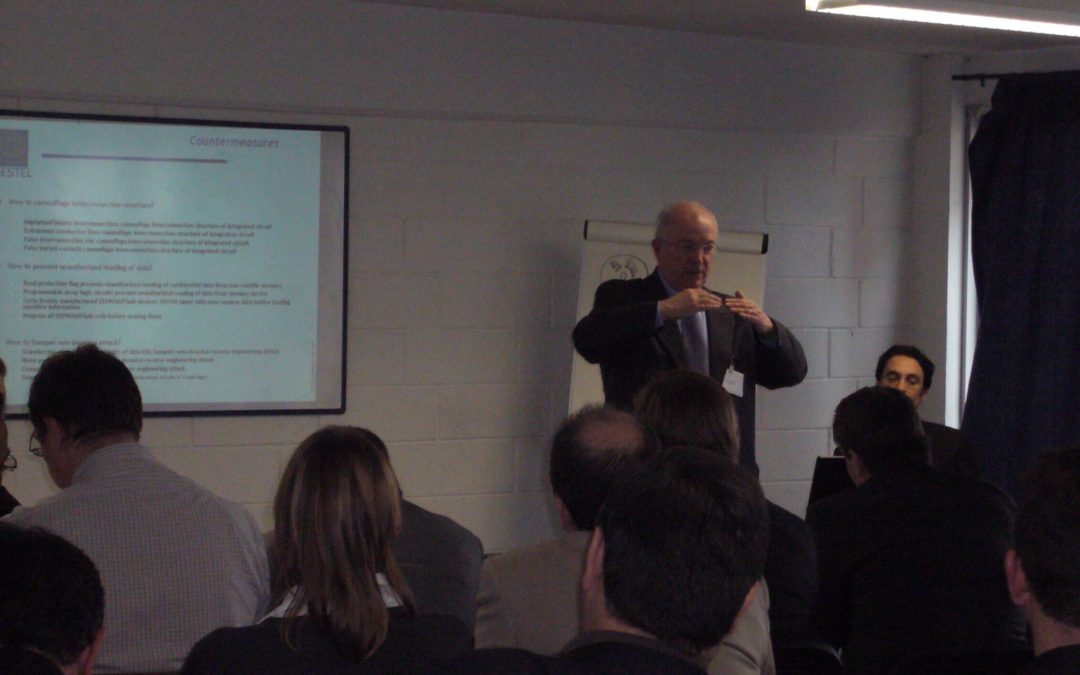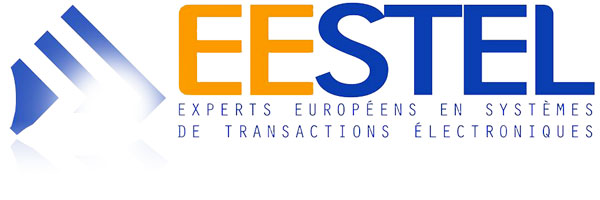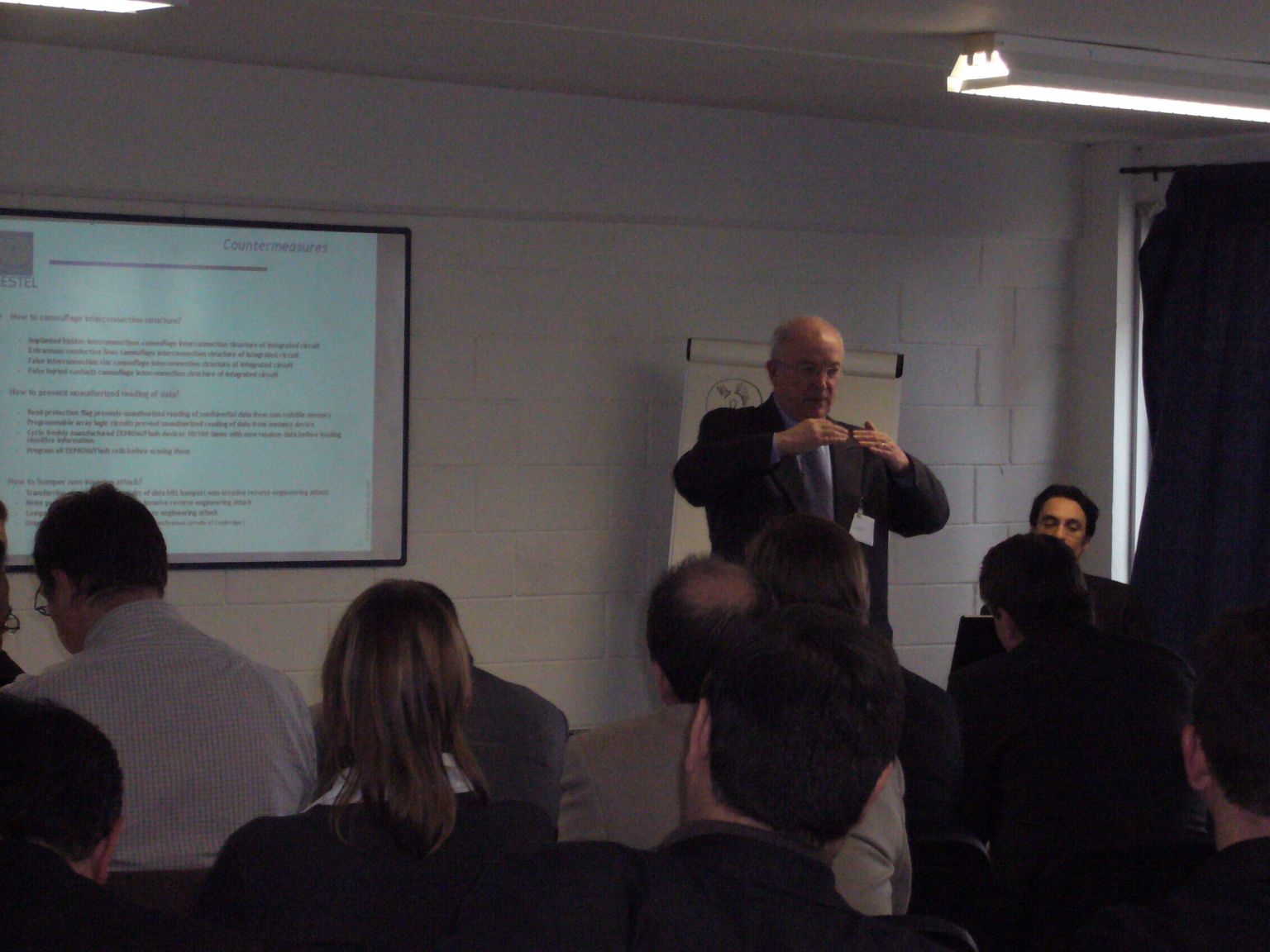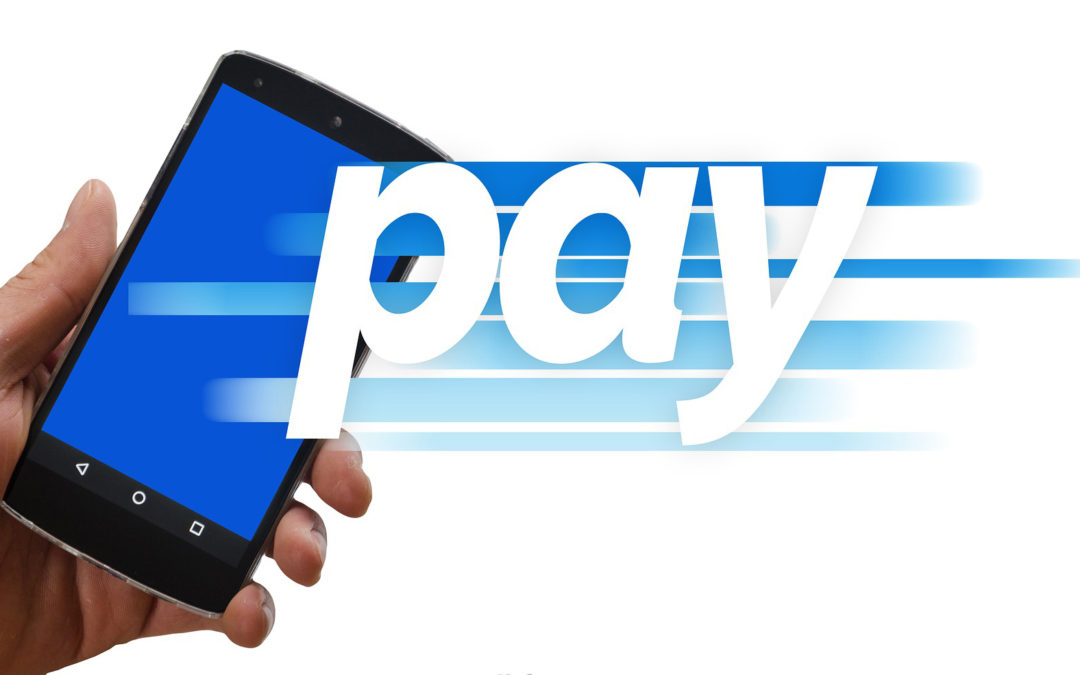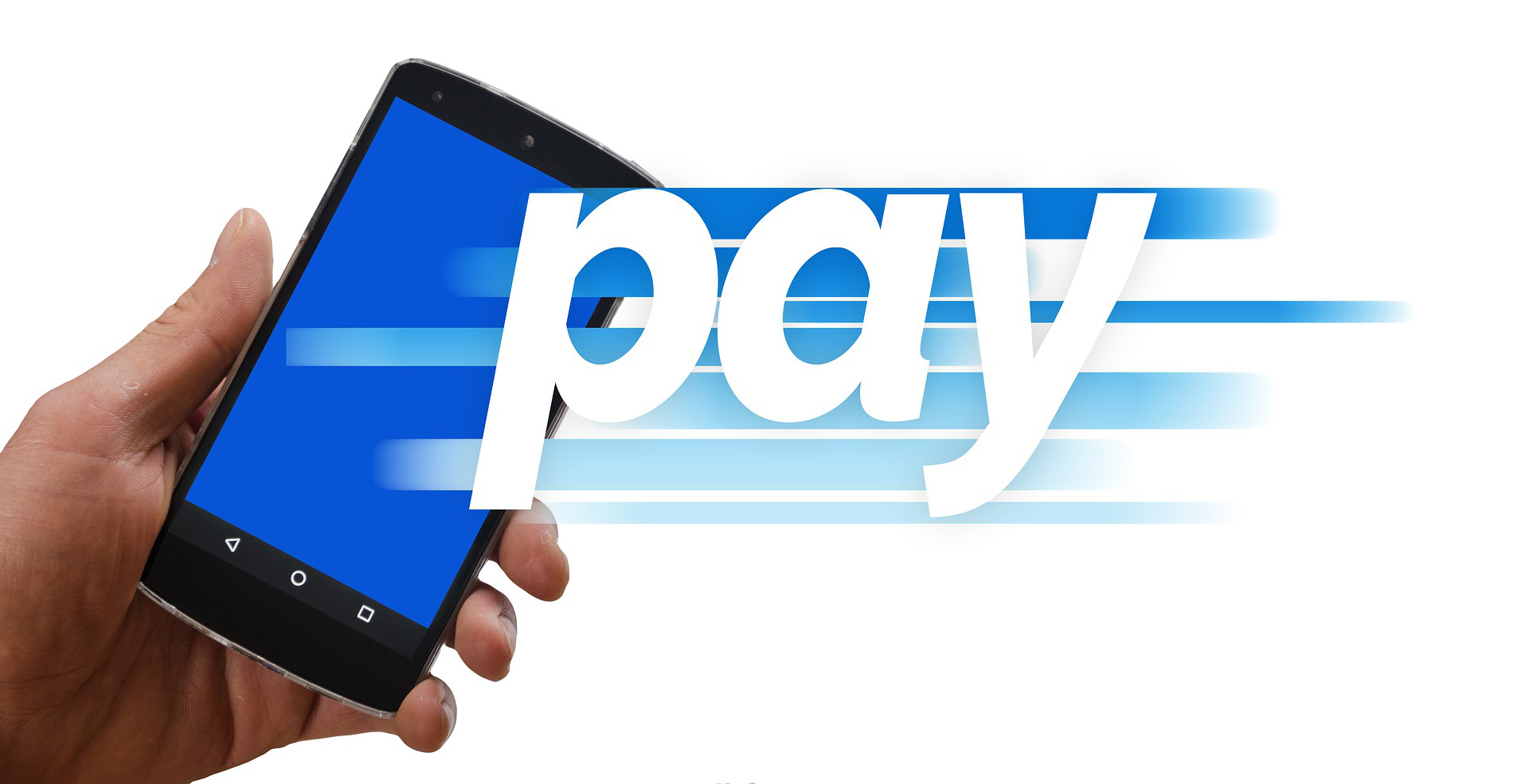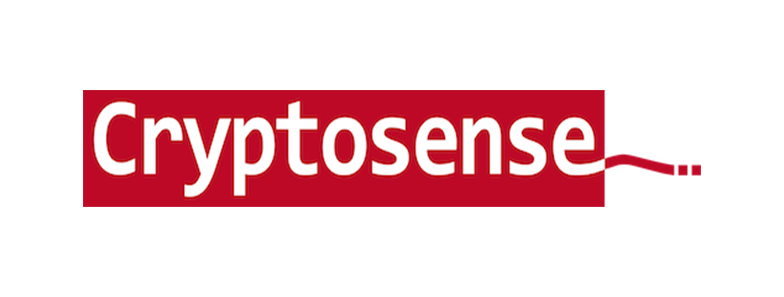The first application of the blockchain – and most developed today – is of course the virtual currency Bitcoin. No wonder, then, that banking institutions are considering the blockchain applications in the field of payment and money transfer. However, this use is far from being the most obvious and several technical issues must be resolved before the banking players can not embark on the niche.
« The current blockchain technology has a scalability problem analysis Frédéric Dalibard, head of digital banking customers high Natixis, a subsidiary of the BPCE Group. Imagine an equivalent of Visa on blockchain is now impossible. » Bitcoin, for example, can record only ten transactions per second, against 20,000 for Visa, notes Gregory Chenue, project manager strategic marketing of Crédit Agricole SA. « It will ensure that cost reduction promises are real »
Before putting up huge payment systems based on blockchain, « it will also ensure the reduction of costs promises are real, says Nicolas Chatillon, cross-functional development director of Groupe BPCE. The costs operating they will really lower? it is not certain that this will allow to remove information systems and there will need programmers, miners … »
« Today, payment systems function rather well, adds his side Grégory Chenue, Crédit Agricole. Any break to replace by blockchain systems take a long time because we are not starting from zero, network infrastructure is very complex. »
« The Holy Grail: that the real currency are recognized by regulators »
Despite the potential implementation cost, blockchain still has clear advantages in terms of speed and security. If the application is less obvious than others, banking players still imagine to someday implement a payment system via blockchain. « The holy grail would be that the real currency are recognized by central banks and regulators as having the same value on the blockchain » notes Frédéric Dalibard. This payment system would remove the third as Swift and strengthen security – especially in light of recent security vulnerabilities of the financial actors …
Pending such a system recognized widely, Gregory Chenue imagine the establishment of private blockchains between banks for faster exchange, or an internal network to a banking group. Within the consortium R3, eleven banks including Natixis French deployed a Ethereum infrastructure to the virtual currency exchange between them (Read: « Blockchain: Ethereum she will dethrone the Bitcoin » of 21/04 / 2016). The test has since been expanded to 42 banks.
